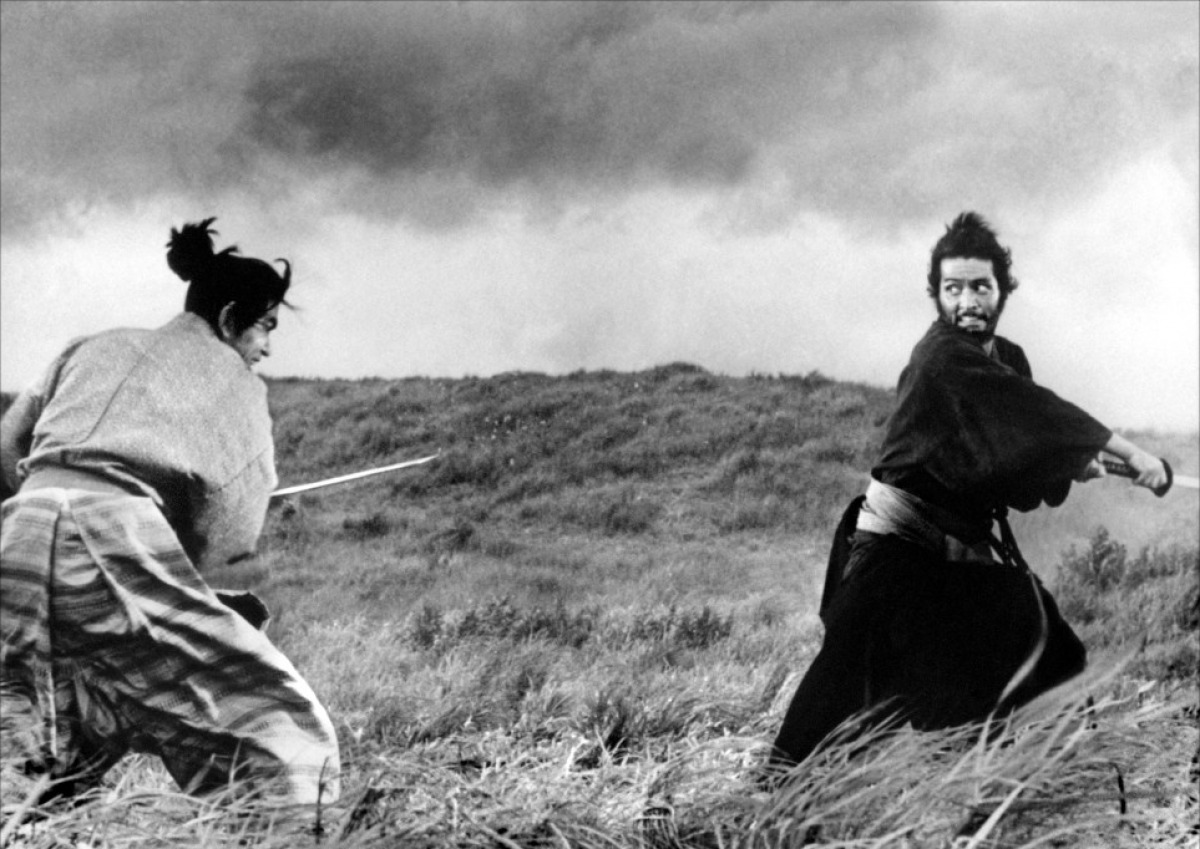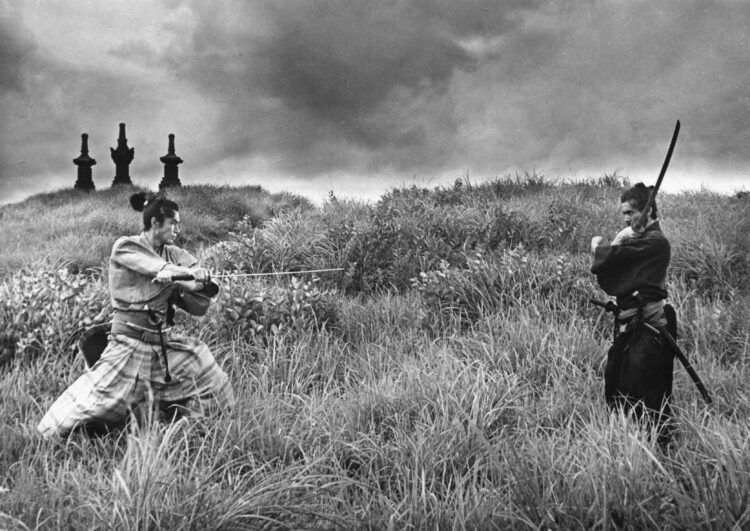The samurai, renowned for their code of honor and unwavering loyalty, have captivated imaginations for centuries. However, beneath the romanticized image of noble warriors, there are instances in samurai history that reveal dishonorable actions and controversial behavior. Here are some of the dishonorable acts known to have been committed by samurai throughout history, reminding us of the complexity of human nature even among those expected to exemplify honor and integrity:
- In the tumultuous landscape of feudal Japan, political power struggles often led samurai to engage in acts of betrayal and intrigue. Some samurai, driven by personal ambitions or alliances, switched sides or plotted against their own lords. These acts undermined the core principles of loyalty and integrity, tarnishing their reputations and causing instability within the feudal hierarchy.
- While the samurai were tasked with upholding justice and protecting the weak, there are instances where they demonstrated a disregard for the lives and well-being of commoners. During times of civil unrest, some samurai resorted to violence, pillaging, and looting, causing immense suffering among innocent civilians. These acts contradicted the principles of bushido, the samurai code of conduct, which emphasized the importance of protecting and serving the people.
- While samurai were trained in the art of warfare, there were instances where their skills were used for unnecessary violence and brutality. Some samurai engaged in acts of extreme cruelty, inflicting harm on unarmed or defenseless individuals. These actions disregarded the principles of honor and compassion, tarnishing the image of the samurai as noble warriors.
- The samurai class enjoyed significant privileges and authority in feudal society. However, this power was sometimes abused, leading to instances of corruption, exploitation, and oppression. Some samurai exploited their positions to extort or mistreat the common people, violating the principles of justice and fairness that they were meant to uphold.
- While dueling was an accepted practice in samurai culture, there were instances where personal disputes escalated into large-scale feuds and vendettas. These feuds often resulted in the loss of innocent lives and caused social unrest. Such prolonged conflicts contradicted the ideals of peace and stability that the samurai were expected to promote.
Samurai were not immune to dishonorable actions. The instances of betrayal, violence, disregard for commoners, abuse of power, and prolonged feuds are a reminder of the complexities and flaws within human nature. While these dishonorable acts stand in contrast to the widely held ideals of honor and loyalty associated with the samurai, they serve as a reminder that historical figures, no matter how revered, were still human beings shaped by their circumstances. Japanese history is replete with tales of heroic samurai who embodied honor, loyalty, and martial prowess. However, amidst the noble legends, there are those samurai who gained infamy for their controversial actions, ruthless behavior, or betrayal.
- Akechi Mitsuhide is best known for his treacherous act of assassinating the renowned daimyo, Oda Nobunaga, in 1582. His betrayal during the Honnō-ji Incident shocked the nation and marked a turning point in the Sengoku period. While he briefly took control of Nobunaga’s domain, Mitsuhide was defeated by his former ally, Toyotomi Hideyoshi, and met a tragic end. His actions forever tainted his name as a symbol of betrayal.
- Sasaki Kojirō, a skilled swordsman from the early 17th century, is infamous for his rivalry with Miyamoto Musashi, one of Japan’s most celebrated samurai. Their climactic duel on Ganryū Island in 1612 resulted in Kojirō’s defeat and subsequent death. Despite his considerable swordsmanship skills, Kojirō’s infamy lies in the ruthless manner in which he sought to end Musashi’s life, embodying the dark side of the samurai spirit.
- Taira no Masakado, a samurai of the 10th century, rebelled against the central government in Kyoto and declared himself emperor of an independent region. His actions challenged the authority of the imperial court, leading to armed conflict and the loss of many lives. While his rebellion was eventually quelled, Masakado’s defiance and quest for power earned him infamy as a symbol of rebellion and insurrection.
- Saitō Hajime, a former member of the Shinsengumi, a famous group of samurai police during the Bakumatsu period, is infamous for his ruthless pursuit of justice. Known for his exceptional swordsmanship and strict adherence to the code of bushido, Saitō gained a fearsome reputation as an enforcer and merciless warrior. His actions, while upholding order and stability, showcased the darker side of samurai duty and the consequences of unwavering loyalty.
- Oishi Kuranosuke, a member of the 47 Ronin, is infamous for his role in the vendetta against the man responsible for his lord’s death. This group of masterless samurai sought revenge against Kira Yoshinaka, who had disgraced their lord. Oishi and his comrades meticulously planned and executed Kira’s assassination, resulting in their capture and subsequent act of seppuku. Their actions, while driven by honor and loyalty, challenged the prevailing social order of the time.
The infamous samurai of Japanese history serve as reminders that even among the revered warrior class, there were individuals who strayed from the path of honor and righteousness. Their actions, whether driven by betrayal, ruthlessness, rebellion, or vengeance, left indelible marks on Japanese history and cultural memory.






